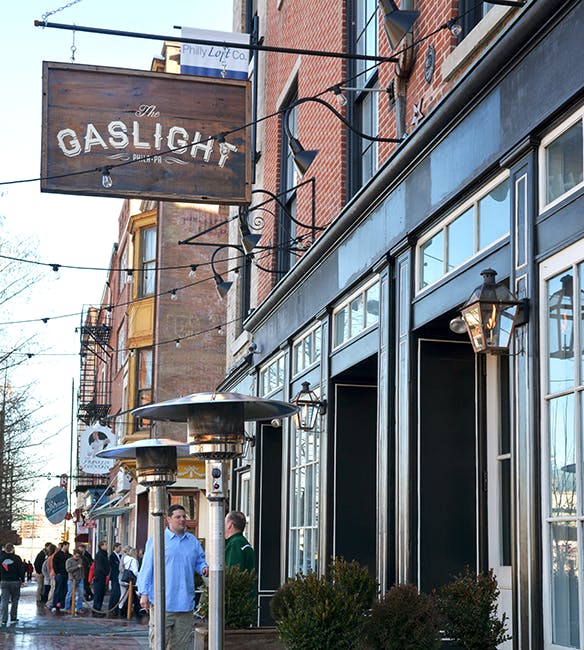
Lady Gaga performed at the bar in October 2016, after previously performing there as an unsigned act, before the release of her debut album. Also in 1992, the venue's landlord tried to evict the bar, with the venue saved by benefit performances by Peter, Paul, and Mary, Kris Kristofferson, George Carlin and others. The Bitter End was granted landmark status by the city of New York in 1992.

In the mid 1970s, the club became known as the birthplace of Bob Dylan's Rolling Thunder Revue, which featured such names as Joni Mitchell, Roger McGuinn, Ramblin' Jack Elliot, Joan Baez, T-Bone Burnett, Ronee Blakely, Mick Ronson, and many other guest stars. Gorka was an original member of New Jersey band The Critters.Īccording to Colby, James Taylor bombed when he played the club in 1969, and Neil Young also bombed at the club. A tribute concert was held for Colby after his death. He had two partners in the club, Paul Rizzo and Ken Gorka. He purchased it about a decade after he began managing the club. In 1968 Paul Colby (1917–2014), who began his career as a song plugger for Benny Goodman’s publishing company, and went on to work for Frank Sinatra, Duke Ellington, and Guy Lombardo, became the manager and booking agent at The Bitter End, and in 1974 he purchased it. During its heyday The Bitter End showcased a wide range of talented and legendary musicians, comedians, and theatrical performers. ĭuring the early 1960s, the club hosted folk music " hootenannies" every Tuesday night, featuring many performers who have since become legendary. According to The New York Times, "The Bitter End, which opened in 1961, considers itself to be New York’s oldest rock club and built a legendary reputation after showcasing young performers like Joni Mitchell and James Taylor and comedians like Woody Allen and Billy Crystal." At the club, Bob Dylan played pool, watched performances, and occasionally performed circa 1961. The Bitter End was originally a coffeeshop. The poet and comedian Hugh Romney (who later became known as Wavy Gravy) read there. It remains open under new ownership.Īn earlier club, The Cock and Bull, operated on the same premises with the same format, in the late 1950s. However, after a few years the owners changed the club's name back to the more recognizable The Bitter End. The club changed its name to The Other End in June 1975. It opened in 1961 at 147 Bleecker Street under the auspices of owner Fred Weintraub. The Bitter End is a 230-person capacity nightclub, coffeehouse and folk music venue in New York City's Greenwich Village.


The Bitter End Awning Landmark status granted on July 23, 1992 Forever.For other uses, see The Bitter End (disambiguation). Today, it is a much-needed story of inspiration, not desperation-the story of one very special family of the powerless who pushed the envelope and changed themselves and the world. Instead of succumbing to the fears and hatred that swept across the 1950’s and 60’s-civil rights movements (race, gender, sexual preferences), the imminent threat of nuclear war, the growth of Russian power, police misconduct, the infiltration of organized crime, and rampant conspiracy theories-The Gaslight’s true story shows us, as we face many of the same in things today, that the music and the words of gifted, principled young people can be beacons for every step on each new cultural, counter-cultural and political journey. The story of The Gaslight reminds baby-boomers, college students, and hipsters alike of the crucial roles that others, like John Mitchell, can play in standing up for fledgling writers and musicians in their darkest hours, before becoming cultural and artistic icons. This film reminds and inspires us that we can survive and gain strength even in the most turbulent times. In the film, you’ll see young “Bobby” Dylan composing “A Hard Rain’s A-Gonna Fall” and “Blowin’ In the Wind” in The Gaslight’s upstairs poker room that the police insisted was actually a drug den and Beatnik brothel! You’ll watch Peter, Paul ,& Mary oddly form the most famous singing trio in history! Hollywood and Pittsburgh film professionals come together to make their magic in a true, thrilling, sexy, untold, epic tale of John Mitchell and his “Kids”-extraordinary people and events that changed the world forever. Weeks later, fingersnapping became an international craze, symbolizing being “hip” and “cool.”

Audience members snapped their fingers instead of applauding and it had something to do with the ceiling.


 0 kommentar(er)
0 kommentar(er)
